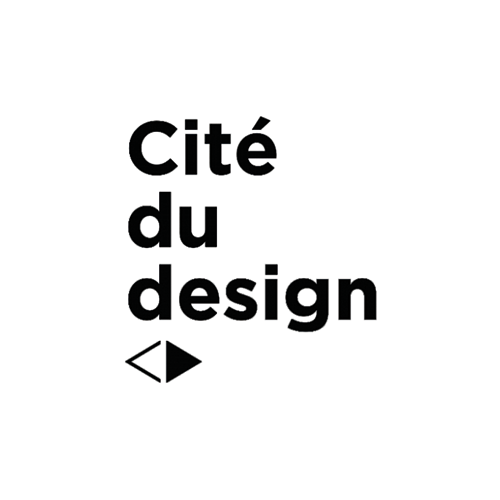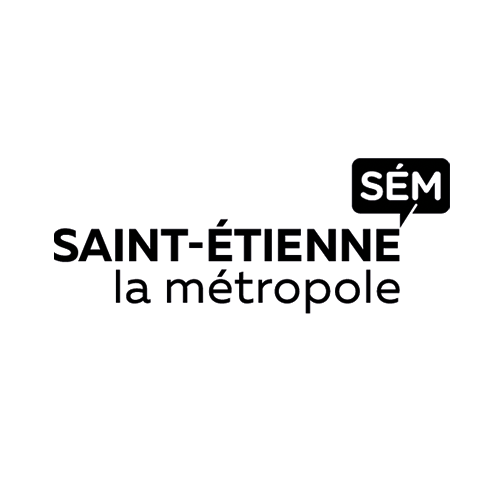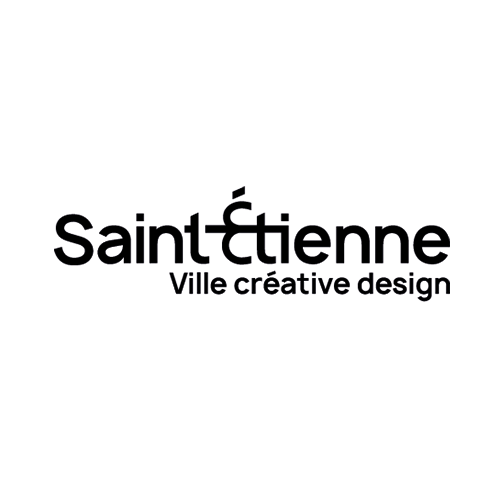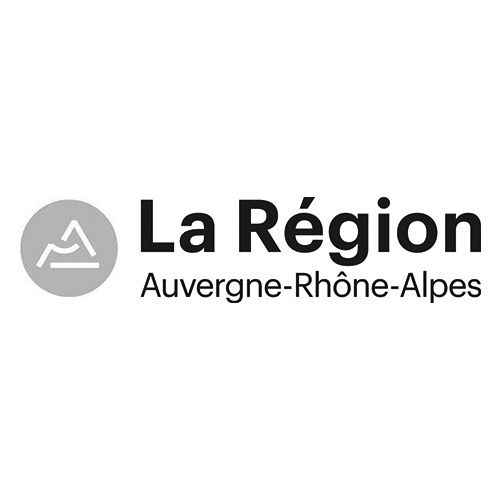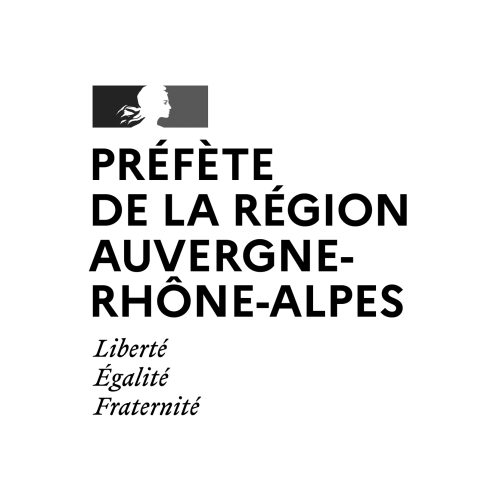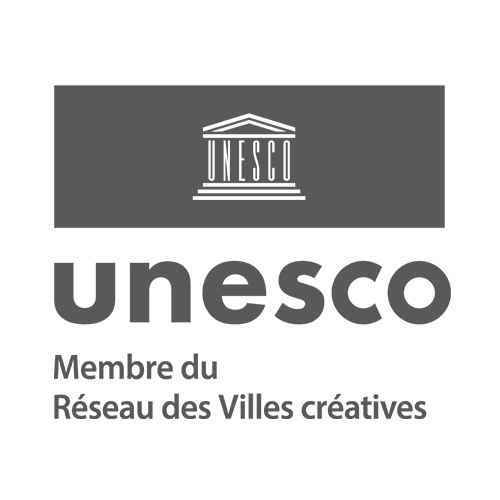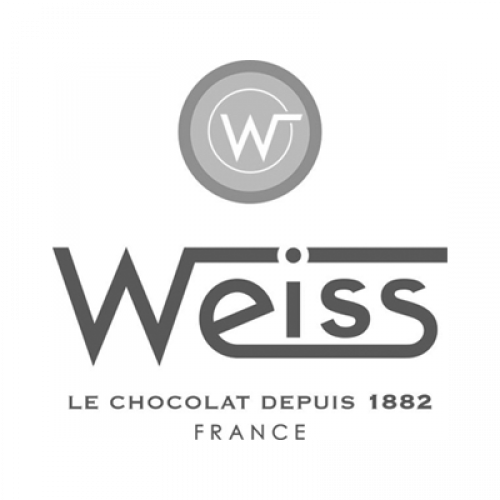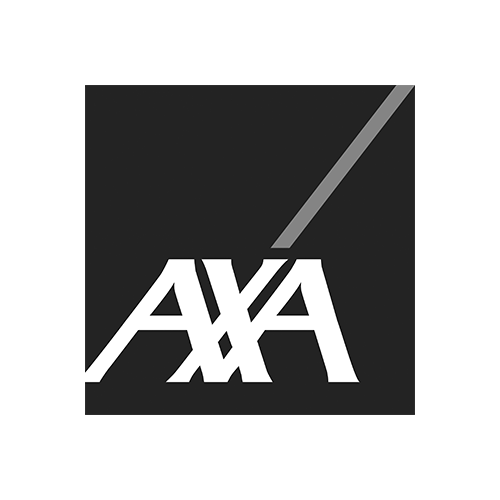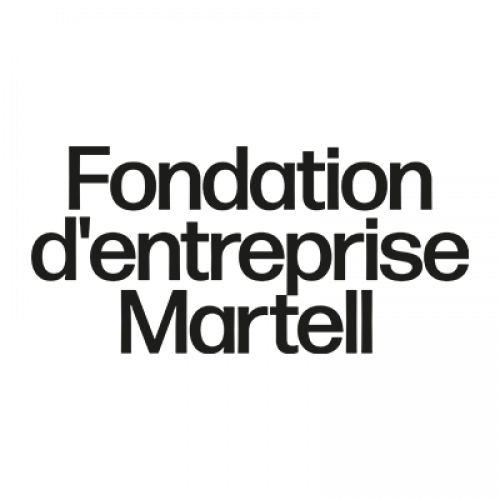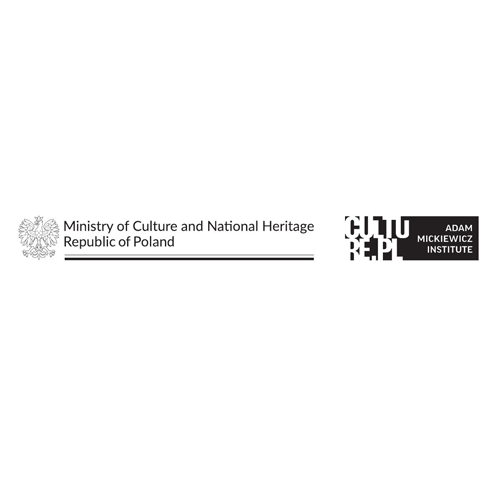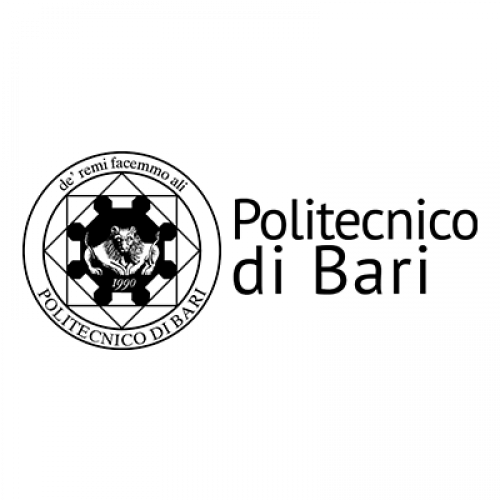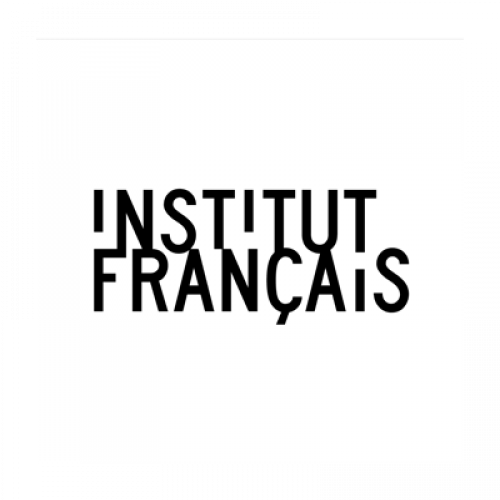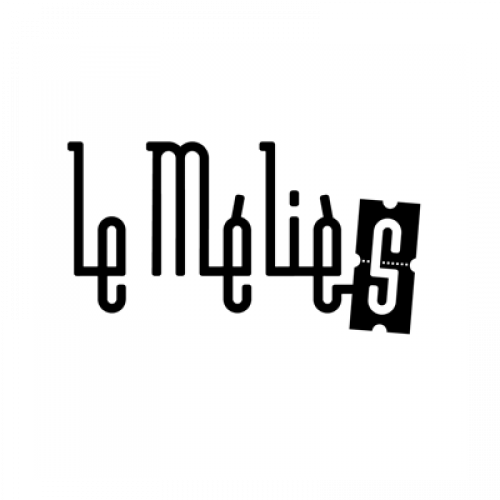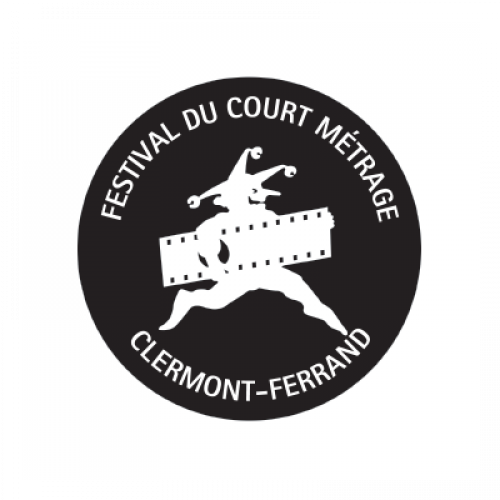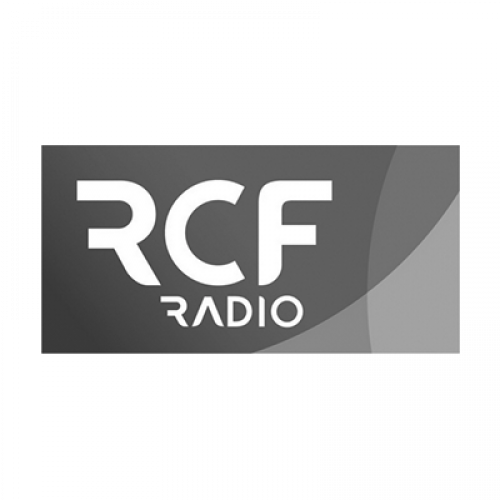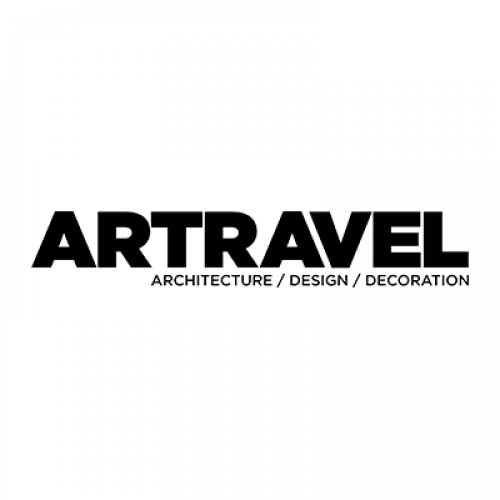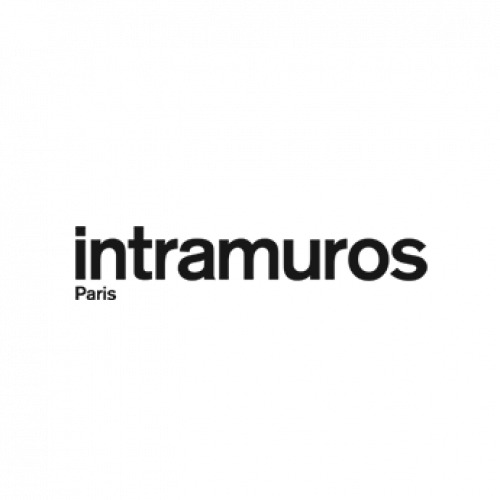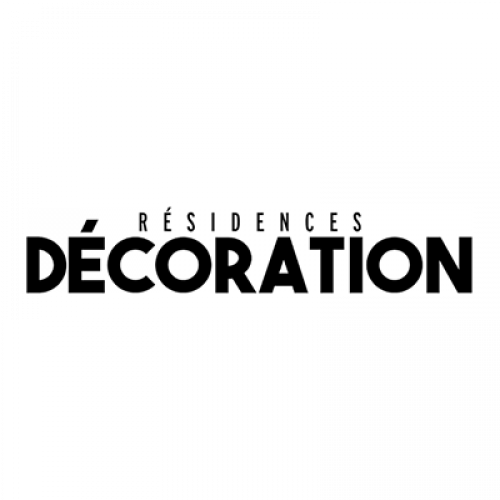As part of the exhibition LE DESIGN EN VOYAGE : Ceramic & Food Route, presented at the Cité du design until
March 16, 2025, and in partnership with WEISS, International Design Expeditions (IDE) and the Cité du Design
are organizing an international meeting centered on the
expeditions undertaken by IDE since 2019 to Puglia (Italy), France, Poland, Cambodia and Sörmland (Sweden).
Version française
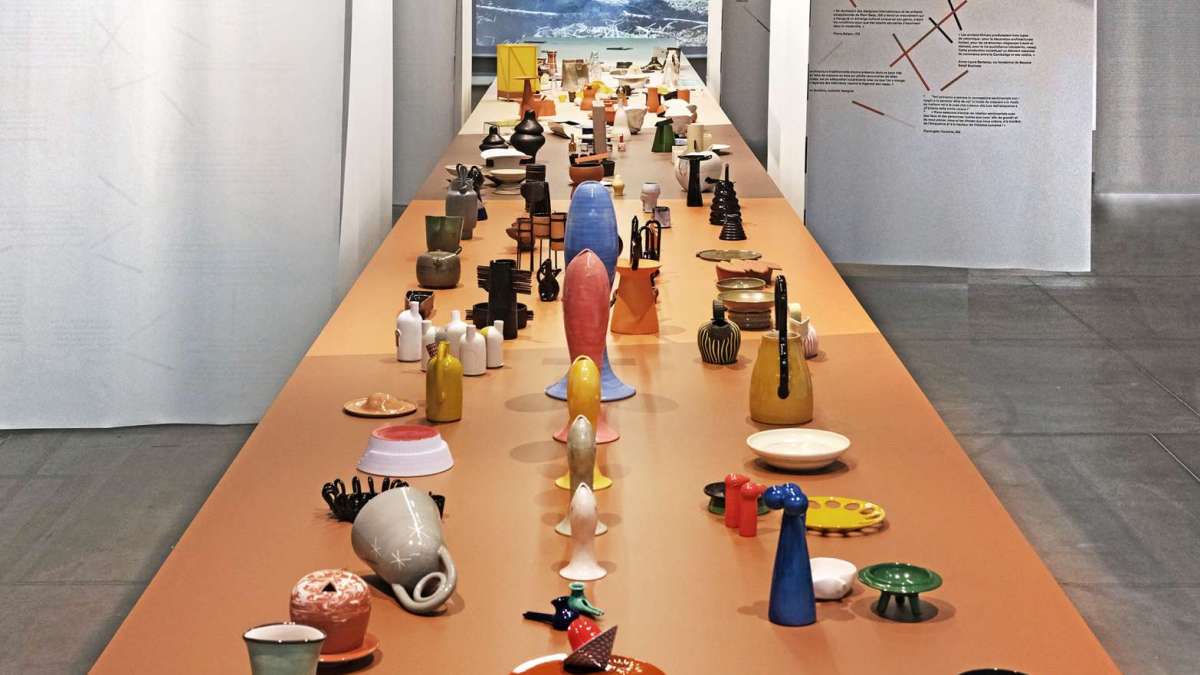
These two days will provide a unique opportunity for
the partners who participated in the IDE expeditions and workshops to meet for
the first time and to present a major synthesis of international research in
the fields of design, material culture, and food culture. This
"bouquet" of partners and other contributors embodies the diversity
of practices and expertise that IDE brings together for each expedition:
designers/artists, artisans/entrepreneurs, chefs, experts, and more.
The event will feature a series of roundtables/conversations
and tastings, offering a chance to share this significant research on
international design and material and culinary culture while exploring the
challenges related to design, food cultures, and transmission.
The processes and outcomes of the expeditions provide
key insights into contemporary issues, which will be addressed during the
roundtables and discussions, each followed by a culinary experience.
International guests,
selected based on the topics addressed and their expertise, will participate in
these roundtables. Local stakeholders with established ties to the Cité du design or those with potential for future collaborations will also be invited
to enrich the discussions.
Most exchanges will be in English. No subtitles nor translation will be provided.
Programme
Thursday, January 30
With IDE team
LE DESIGN EN VOYAGE, Ceramic & Food Route
• Marc Chassaubéné, President, EPCC Cité du design – Esadse
• Éric Jourdan, Director, EPCC Cité du design – Esadse
• Laurence Salmon, Director of Cultural and Artistic Development, EPCC Cité du design – Esadse
• IDE Team:
Mathilde Bretillot, Pierangelo Caramia, Miska Miller Lovegrove, curators of the exhibition ; Marc Bretillot, chef, designer and food expert
• Jean Luc Colonna d’Istria : The Expedition, a Concept
Moderator : Pierangelo Caramia
Panelists:
• Miska Miller
Lovegrove, IDE
• Paolo De Cesare, Doc Service (Italie)
• Ewa Kumlin, Cultural Producer (Sweden)
• Guido Santilio, President, ADI (Association for Italian Industrial Design) for the regions of Apulia and Basilicata (Italy)
• Jean-Laurent Louis, JLD consulting (Vietnam)
• Laurent
Denize d’Estrées, Agence 14
Septembre (France)
This approach seeks to explore the meaning and
practice of design in its various forms across different territories, fostering
connections between individuals and cultures beyond administrative borders. A
historical reference for this approach is the twinning of cities, which
represents decentralized transnational cooperation between local communities on
a global scale.
Food culture, with its agricultural products from
various territories and terroirs, is undoubtedly one of the foundational
elements of Genius Loci. Through its expeditions, IDE immerses
itself in this deeply rooted and ever-evolving human practice. They create
relationships and experiment with respect for history and traditions while
collaborating with local actors to develop new formulas, forms, and syntheses
that align with the contemporary culture of the place. The aim is to compose a
language and achieve a broader understanding that transcends the original
territory.
The research theme chosen by IDE, Ceramic & Food, allows for the exploration of one of the foundational topics of
different societies while paving the way for identifying other themes and areas
of research that future generations can adopt and put into practice.
By Marc Bretillot in partnership with Weiss. Story telling by Weiss and Chocolate tasting.
Moderator: Pierangelo Caramia
Panelists :
• Éric Jourdan,
designer, President, EPCC Cité du design – Esadse
• Nathalie Viot, curator and producer, Craft and Design
• Mathilde Bretillot, IDE
• Annalisa
Di Roma, professor et coordinator at the Dicar department, Politecnico di
Bari (Italy)
• Patrizia Catalano, Interni (Italy)
• Cendrine de Susbielle, Director of creation, Mobilier National (France)
• Maria Prinz, chef (Sweden)
• Maciej Nowicki, chef (Poland)
• Gilles Coudert, Filmmaker, a.p.r.e.s production (France)
What are the
challenges, opportunities, and most effective methods for transmitting the
culture and practice of design to new generations? IDE designers believe—and
actively practice—that in-person encounters and exchanges during research
workshops, combined with direct knowledge of territories, are essential for
conducting in-depth research and achieving relevant and innovative results. The
aim is to create contemporary "syntheses" between cultures and
expertise to design and produce "cultural objects."
This is neither
"colonial design" nor traditional design production networks, which
often operate on an assumed logic of exclusivity and immediate commercial
profitability.
During these
roundtables, we will discuss how schools, cultural institutions, publications,
design fairs, entrepreneurs, artisans, designers, artists, chefs, and others
can build effective networks using the IDE platform. The goal is to equip new
generations with the skills and enthusiasm necessary to engage in these vast,
still underexplored fields.
By Pietro d’Amico, producer of oil, wine, and food products, Apulia (Italy), IDE To Puglia expedition partner
Items for tasting: "Oil Birds" by Sarnsang
Na Soontorn and "Natura" bottle by Marta Bakowski
Friday, January 31
Moderator: Pierangelo Caramia
Panelists :
• Valentina de
Carolis, designer, local manager, IDE to Puglia expedition (Italy)
• Anka
Simone, cultural producer, IDE to Poland expedition
• Antonio Vestita, ceramist,
Puglia (Italy)
• Monika Skorupska, Mosko, ceramist (Poland)
• Anna
Lindell, ceramist, Sörmland (Sweden)
• Emmanuelle Roule, designer, IDE to Sörmland expedition (Sweden)
• Camillo Bernal, designer, IDE to
Cambodia expedition
• Lili Gayman, designer, IDE to Puglia expedition (Italy)
• Anne Xiradakis, designer, IDE to Cambodia expedition
• Zhuo Qi, artist/designer, IDE to Poland expedition
• Anna Lindell, ceramist, Sweden
• Sarngsan Na Soontorn,
designer, IDE to Puglia expedition (Italy)
• Alicja Patanowska, artist, IDE to Cambodia expedition
• Marcela Paz Undurraga, ceramist, IDE to Burgundy expedition (France)
Together, we will
attempt to define the contemporary meanings of the word design.
These discussions will help clarify the cultural value and role of design in
constantly evolving societies and territories. Historically, design has served
as a tool to understand visible or latent issues, as well as the aspirations of
citizens in various societies. Today, inspired by Edgar Morin, we consider
design in terms of planetary citizenship, contextualized within current
conditions and available information. Design has often proven to be an
effective tool for anticipating problems before they fully emerge.
With modern
technologies—artificial intelligence, 3D printing, the web, social media, and
more—and the contemporary ability for many people to travel easily,
experiencing a kind of lifelong "continuous Erasmus" and benefiting
from the growing multilingualism of new generations, how can design evolve and
remain a vibrant and relevant tool for improving our environments and lives?
How can we preserve
the very essence of design—its culture and practice in its fullest
sense—without succumbing to oversimplifications or compartmentalized
specializations that often diminish its scope and divert it from its role as a
tool for cultural evolution?
For IDE designers, design
remains above all an ethical and aesthetic inquiry, a synthesis of languages
and a language in itself, useful to societies worldwide. It has the capacity to
act upon both the material and immaterial cultures of societies, as well as
their global cultural fabric.
By Marc Bretillot with Esadse et Lycée du Renouveau
Registration
Free event, subject to availability. Please register online.
Register
(Event « Rencontre internationale : Design & cultures culinaires »)
This event is organized as part of the exhibition LE DESIGN EN VOYAGE, Ceramic & Food Route, made possible thanks to AXA’s sponsorship.
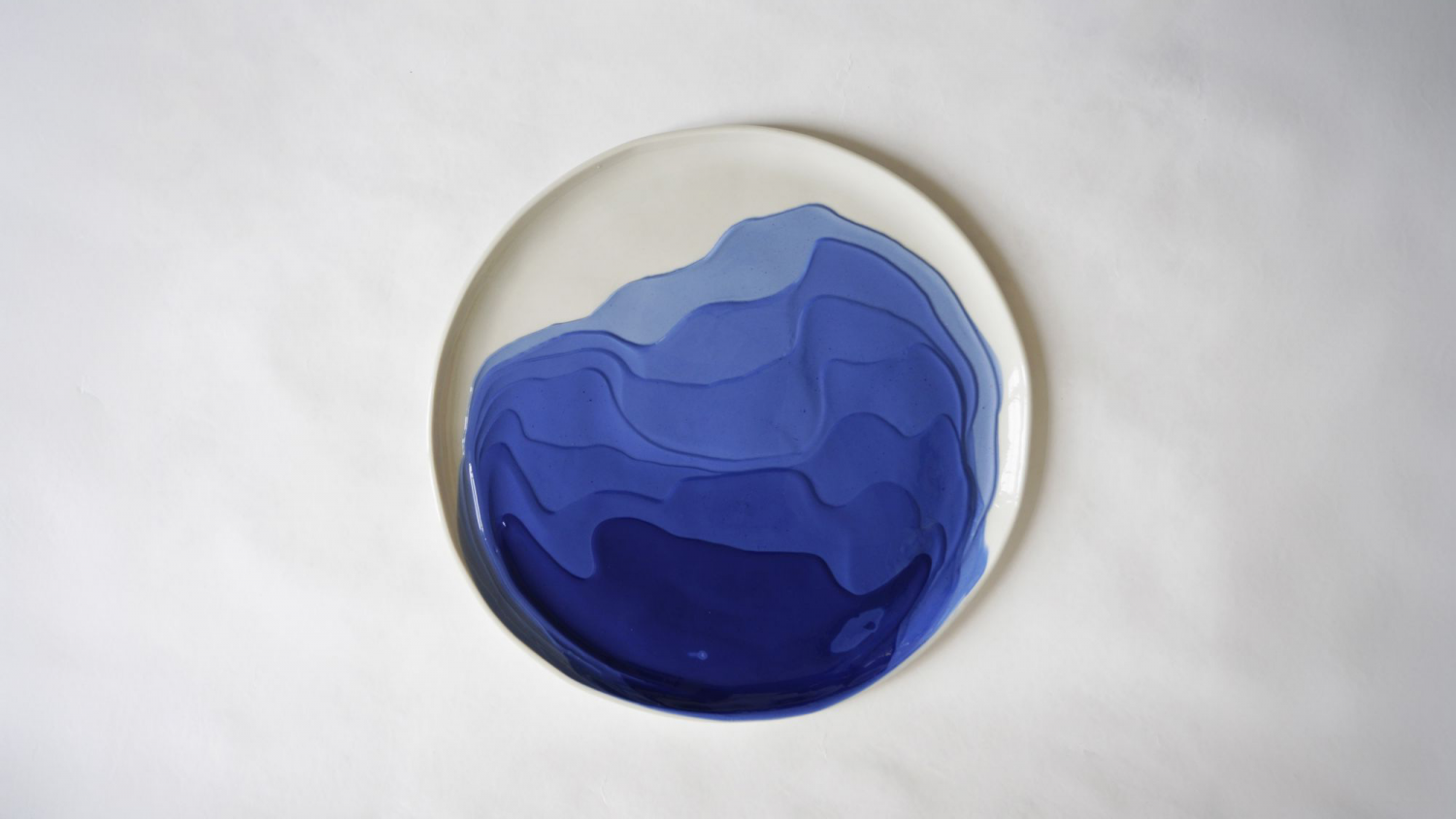
Ceramic & Food Route
Votre navigateur est obsolète, l’affichage des contenus n’est pas garanti.
Veuillez effectuer une mise à jour.
